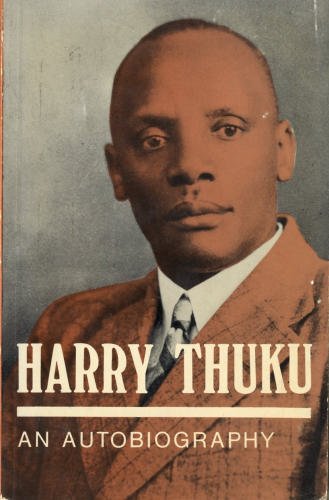Thuku, Harry
1895–1970
Kenyan political leader
Harry Thuku led a nationalist group in KENYA that opposed the land and labor policies of the British colonial government. Born into a poor family in northern Kenya, he attended a missionary school. At the age of 16, he traveled to NAIROBI, where he worked as a messenger before being jailed on minor charges. After his release from prison in 1913, he worked for a newspaper, the Leader of British East Africa, and began to learn about political issues. He was especially angered by agricultural issues and by the system of forced labor, in which colonial leaders forced laborers to work for low wages.

Under British colonial rule some of Kenya's best farmland had been given to European settlers. Africans, forced off their land and desperate for work, had to take jobs with low wages and poor working conditions. In the early 1920s the colonial government raised the taxes paid by African workers. The move angered many Kenyans, who formed political groups such as the East African Association (EAA) to fight the colonial land distribution and labor systems. Thuku became the first president of the EAA.
In 1922 Thuku was arrested, and the EAA staged demonstrations throughout Kenya in protest. During the uprising colonial troops killed 20 people in Nairobi. Thuku spent about nine years in detention, using his time to study agriculture. When he returned home in 1930, he worked on his own farm, which became one of the most successful in Kenya. (See also Colonialism in Africa, Labor, Land Ownership.)